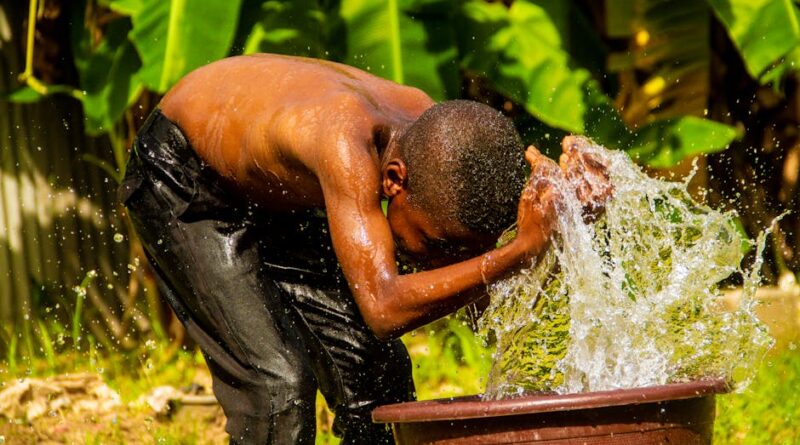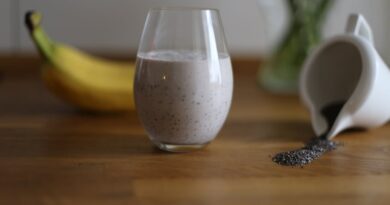The Impact of Hydration on Body Aches
Have you ever experienced a sudden headache or muscle cramp that seemed to come out of nowhere? While there could be various factors at play, one often overlooked aspect is hydration. Water is essential for our bodies to function properly, and even mild dehydration can lead to a range of aches and pains. In this comprehensive guide, we will delve into the intricate relationship between hydration and body aches, exploring how staying properly hydrated can alleviate discomfort and promote overall well-being.
The Basics of Hydration
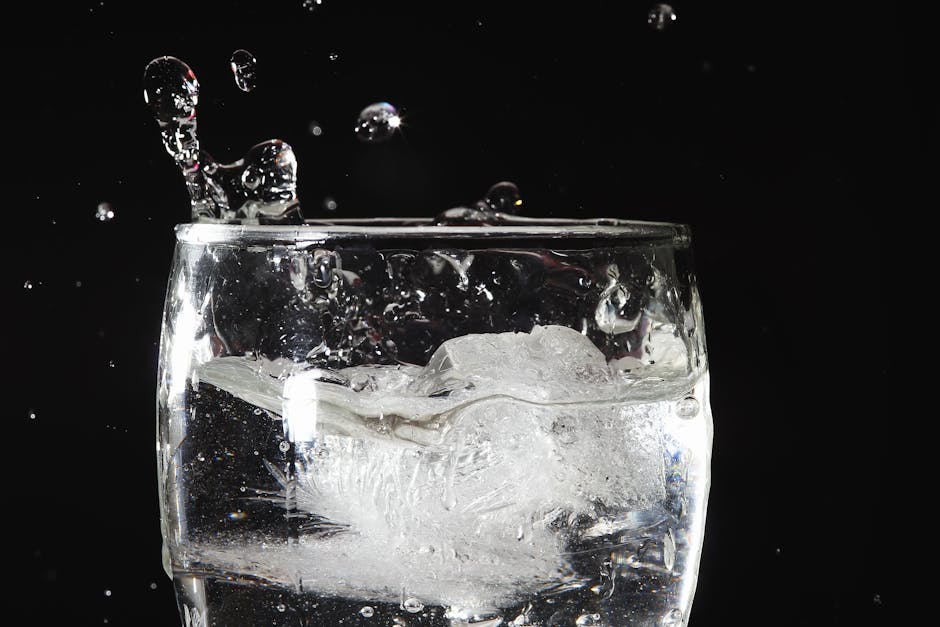
Before delving into the impact of hydration on body aches, let’s first understand the basics of hydration. Our bodies are composed of approximately 60% water, which is involved in almost every bodily function, from regulating temperature to aiding digestion. When we lose fluids through activities like sweating, breathing, and urination, it’s crucial to replenish them by drinking water and consuming hydrating foods.
Dehydration occurs when the body loses more fluids than it takes in, leading to an imbalance that can disrupt various physiological processes. Mild dehydration can cause symptoms like dry mouth, fatigue, and dark urine, while severe dehydration can be life-threatening. Therefore, maintaining proper hydration levels is essential for overall health and well-being.
Understanding Body Aches
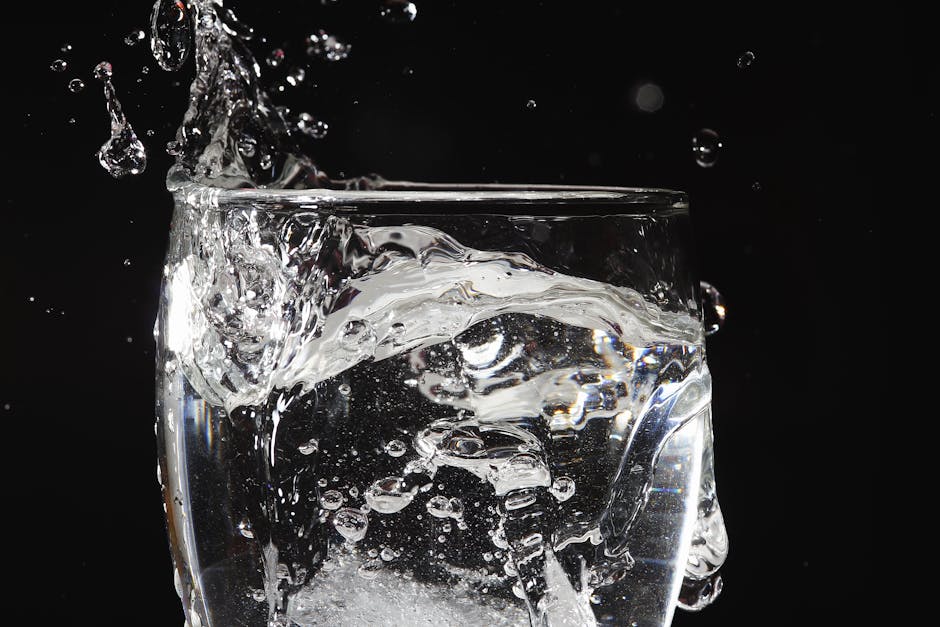
Body aches, also known as myalgia, refer to muscle pain or discomfort that can affect different parts of the body. These aches can range from mild to severe and may be caused by various factors, including physical exertion, injury, inflammation, or underlying health conditions. While occasional body aches are common and often resolve on their own, chronic or persistent pain may indicate an underlying issue that requires medical attention.
Body aches can manifest as soreness, stiffness, cramps, or a dull, persistent pain. They can impact daily activities, mood, and overall quality of life. Understanding the root cause of body aches is crucial in determining the most effective treatment and management strategies.
The Link Between Hydration and Body Aches
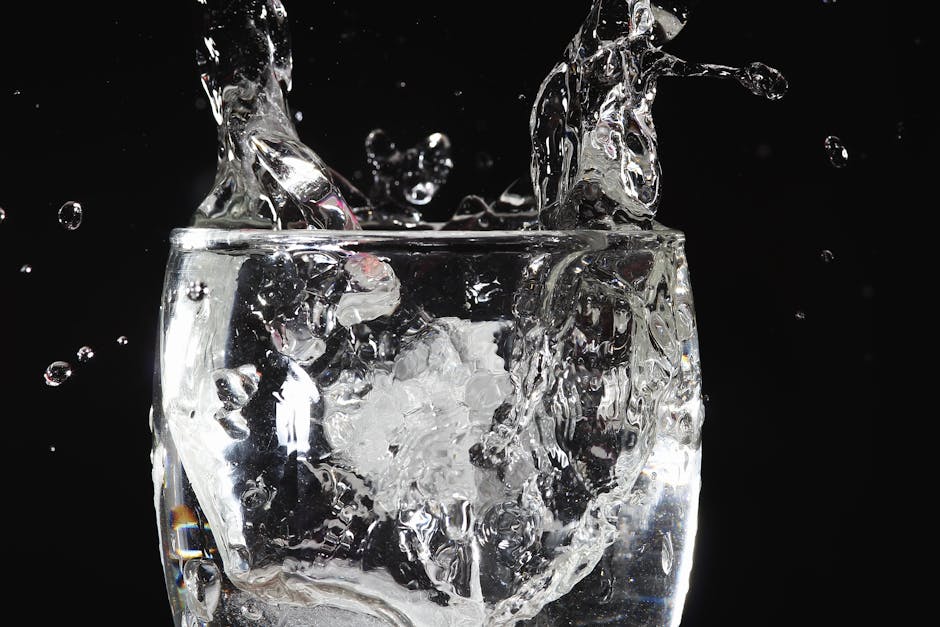
So, how exactly does hydration influence body aches? The relationship between the two is multifaceted and interconnected. Proper hydration is essential for maintaining the health and function of muscles, joints, and other tissues in the body. When we are dehydrated, the body’s ability to lubricate and cushion these structures is compromised, leading to increased friction, stiffness, and discomfort.
Moreover, dehydration can impact the body’s ability to regulate temperature, which can contribute to muscle cramps and spasms. Electrolyte imbalances, which often occur as a result of dehydration, can also affect muscle function and contribute to aches and pains. Inadequate hydration can lead to reduced blood flow to muscles, impairing their ability to recover and repair after exertion.
Research has shown that even mild dehydration can increase the perception of pain and discomfort. A study published in the Journal of Strength and Conditioning Research found that dehydration significantly increased muscle soreness following intense exercise. This highlights the importance of staying hydrated, especially during physical activity, to minimize the risk of muscle pain and stiffness.
Hydration Strategies for Alleviating Body Aches
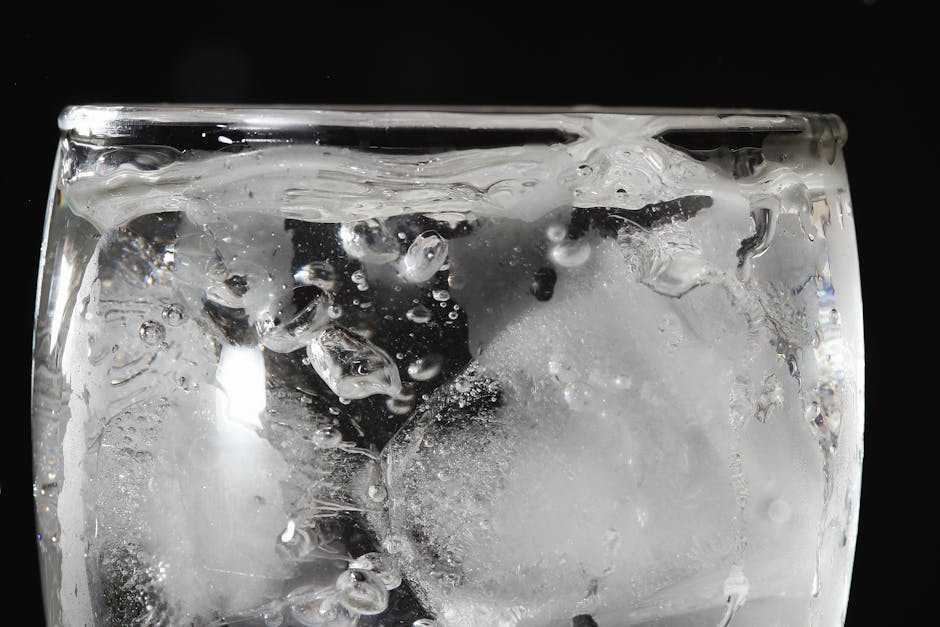
Fortunately, there are simple yet effective strategies to ensure optimal hydration and reduce the likelihood of experiencing body aches. Here are some practical tips to keep in mind:
1. Drink an adequate amount of water:
The recommended daily intake of water varies depending on factors like age, gender, activity level, and climate. As a general guideline, aim to drink at least 8-10 glasses of water per day, more if you are physically active or exposed to hot weather.
2. Eat hydrating foods:
In addition to drinking water, you can also boost your hydration levels by consuming foods with high water content, such as fruits (e.g., watermelon, oranges) and vegetables (e.g., cucumbers, tomatoes). These foods not only provide hydration but also essential nutrients that support overall health.
3. Monitor your urine color:
One simple way to gauge your hydration status is by observing the color of your urine. Clear or pale yellow urine indicates adequate hydration, while dark yellow urine may signal dehydration. Aim for light-colored urine throughout the day as a sign of proper hydration.
4. Stay hydrated during physical activity:
When engaging in exercise or strenuous activities, it’s crucial to replenish fluids lost through sweating. Drink water before, during, and after physical activity to maintain hydration levels and support muscle function. Sports drinks with electrolytes can be beneficial for intense or prolonged workouts.
5. Listen to your body:
Pay attention to your body’s signals and respond to thirst cues promptly. Thirst is a natural indicator that your body needs more fluids, so don’t ignore it. By staying attuned to your body’s needs, you can prevent dehydration and minimize the risk of body aches.
Expert Opinions on Hydration and Body Aches
To gain further insights into the impact of hydration on body aches, we consulted Dr. Sarah Lee, a sports medicine physician with expertise in hydration and musculoskeletal health. According to Dr. Lee, “Hydration plays a crucial role in supporting muscle function and recovery. Dehydration can exacerbate muscle soreness and stiffness, making it essential to maintain adequate fluid intake throughout the day.”
Dr. Lee recommends incorporating hydrating foods and beverages into your daily routine and being mindful of your hydration status, especially during physical activity. By prioritizing hydration, you can enhance your overall well-being and reduce the likelihood of experiencing debilitating body aches.
Common Misconceptions About Hydration and Body Aches
Despite the importance of hydration in alleviating body aches, there are several misconceptions that persist. One common myth is that only intense physical activity requires increased hydration. In reality, staying hydrated is essential for everyday functions, including supporting joint health, muscle function, and overall well-being.
Another misconception is that thirst is the only indicator of dehydration. While thirst is a primary signal that your body needs fluids, other signs like dry mouth, dark urine, fatigue, and headache can also indicate dehydration. It’s crucial to pay attention to these cues and prioritize hydration throughout the day.
Conclusion
To wrap things up, the impact of hydration on body aches is significant and multifaceted. Proper hydration is essential for maintaining muscle function, joint health, and overall well-being. By staying adequately hydrated, you can reduce the risk of experiencing body aches, stiffness, and discomfort.
Remember to drink water regularly, consume hydrating foods, and listen to your body’s signals to ensure optimal hydration levels. Whether you’re at rest or engaged in physical activity, hydration plays a crucial role in supporting your body’s functions and minimizing the likelihood of body aches.
Long story short, prioritize hydration as a key component of your daily routine to support your muscles, joints, and overall health. By making hydration a priority, you can experience fewer aches and pains and enhance your quality of life.

